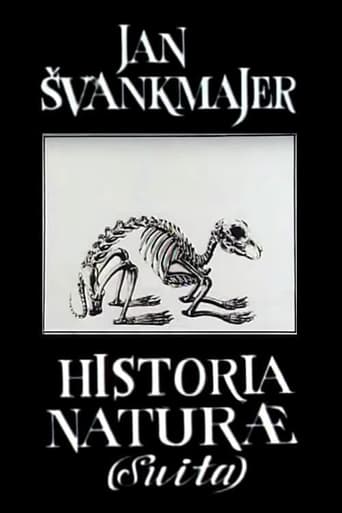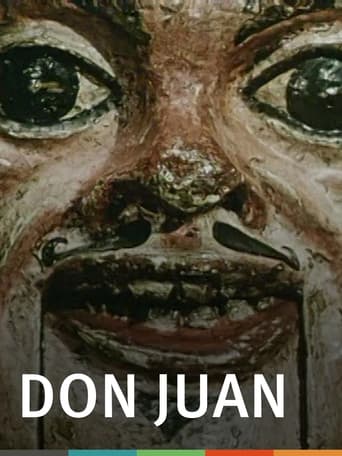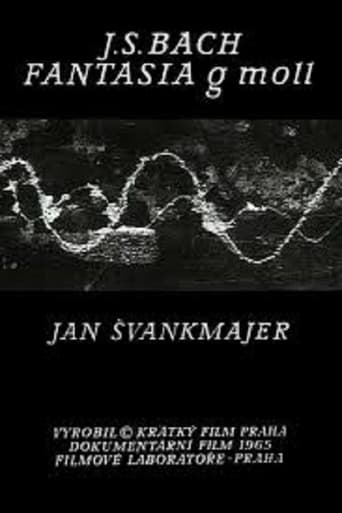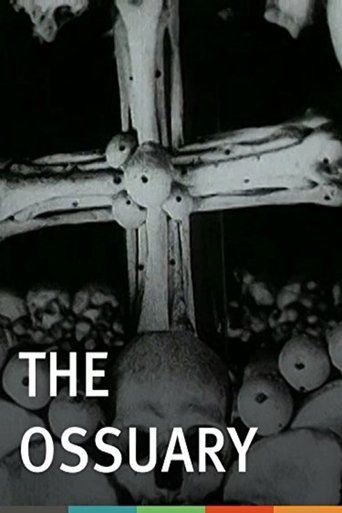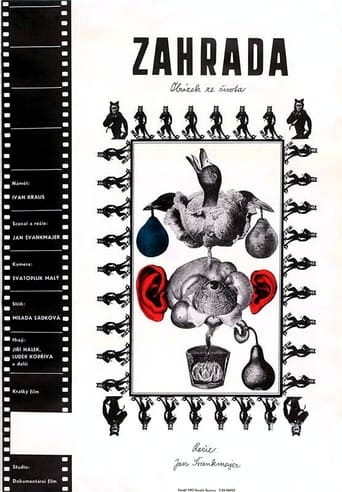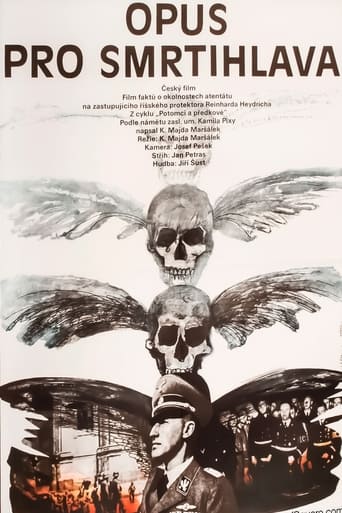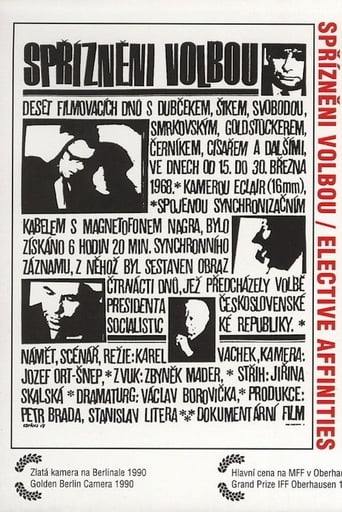Historia Naturae (suita) 1967
An eight-part animated portrait of various species, accompanied by a different style of music. The various parts are: Aquatilia (foxtrot), Hexapoda (bolero), Pisces (blues), Reptilia (tarantella), Aves (tango), Mammalia (minuet), Simiae (polka) and Homo (waltz). Each animation mixes drawings, pictures, real animals and animated skeletons.
